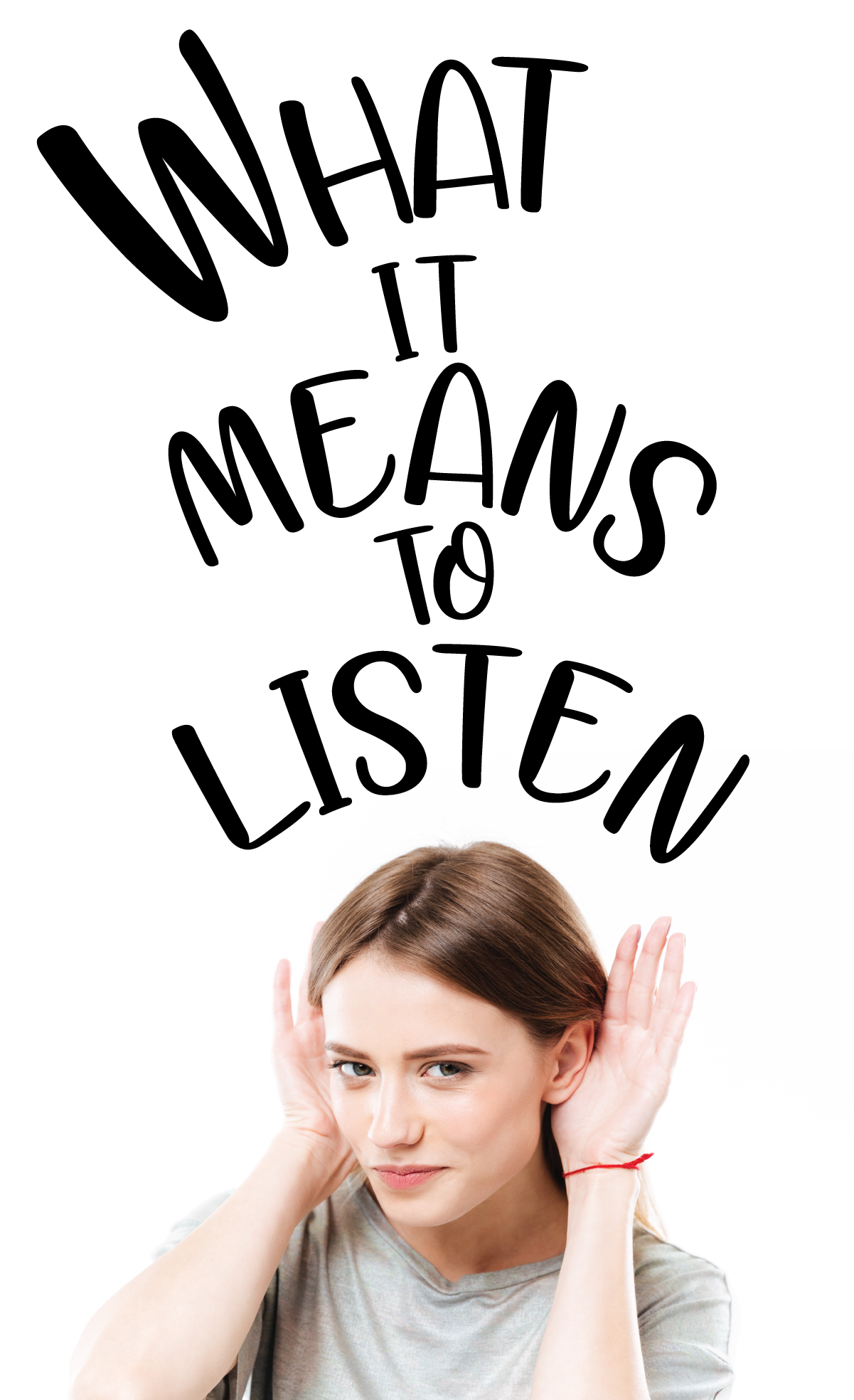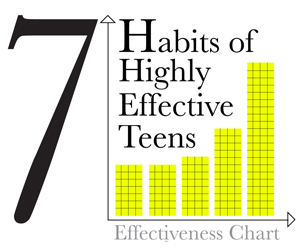
When others come to us with their troubles, it is common that we start providing advice and responding with our own stories from our own experiences. Perhaps when your friend shared that he or she was struggling in relationships, you responded with your personal struggles with relating to your best friend. Or when your family shared with you about their busy day at work, you responded with an ever-ready phrase ‘me too’.
You share your own stories with good intentions – to motivate them and to show them that you understand how it feels like to be in their shoes. However, these responses may not achieve what you intended. By not acknowledging that everyone’s experience is special in its own, you might unintentionally regard their feelings as irrational and downplay the severity of the problem. Personal anecdotes and phrases like ’things will get better’ and ’if I can do it, you can too’ may seem like harmless encouragements, but they actually disregard the feelings of the individual in crisis. And when one repeatedly gets their emotions undermined, they may inevitably experience an overwhelming feeling of isolation, loneliness and worthlessness.
What your loved ones need is for someone to listen and to acknowledge what they are going through – not your experiences.
Often, we listen not to understand but to reply, and this stems from a lack of empathy towards our friends and families in crisis. As emotional human beings, we all need empathy; to have someone to understand, listen and validate– not negotiate – our own feelings.
Empathy does not come naturally; it is a learned skill. While it is hard to master, it starts from something basic – listening. Active, empathetic listening requires making an effort to listen more and to talk less, and to ask questions that encourage the other party to share and allows you to gain a deeper and clearer understanding of what they are experiencing. While listening, we may feel compelled to give advice. However, the goal of empathetic listening is to connect with – not changing – them. Acknowledge their feelings and what they are going through with an open mind without ‘preaching’ or judgement. Without having to say lots, you will be surprised at the help you have provided by simply allowing them a safe space to express themselves.
Opportunities for empathetic listening will present themselves all the time.
Reach out to the people in your life who could use some extra support with just a pair of listening ears. You would never know whose life you might impact.
Just remember when they are in distress, it is about them, not you.
Know someone who may be facing a crisis or going through a tough time? Learn what you can do to help someone in crisis:
Or find out more about Samaritans of Singapore.
photograph: drobotdean / Freepik



















